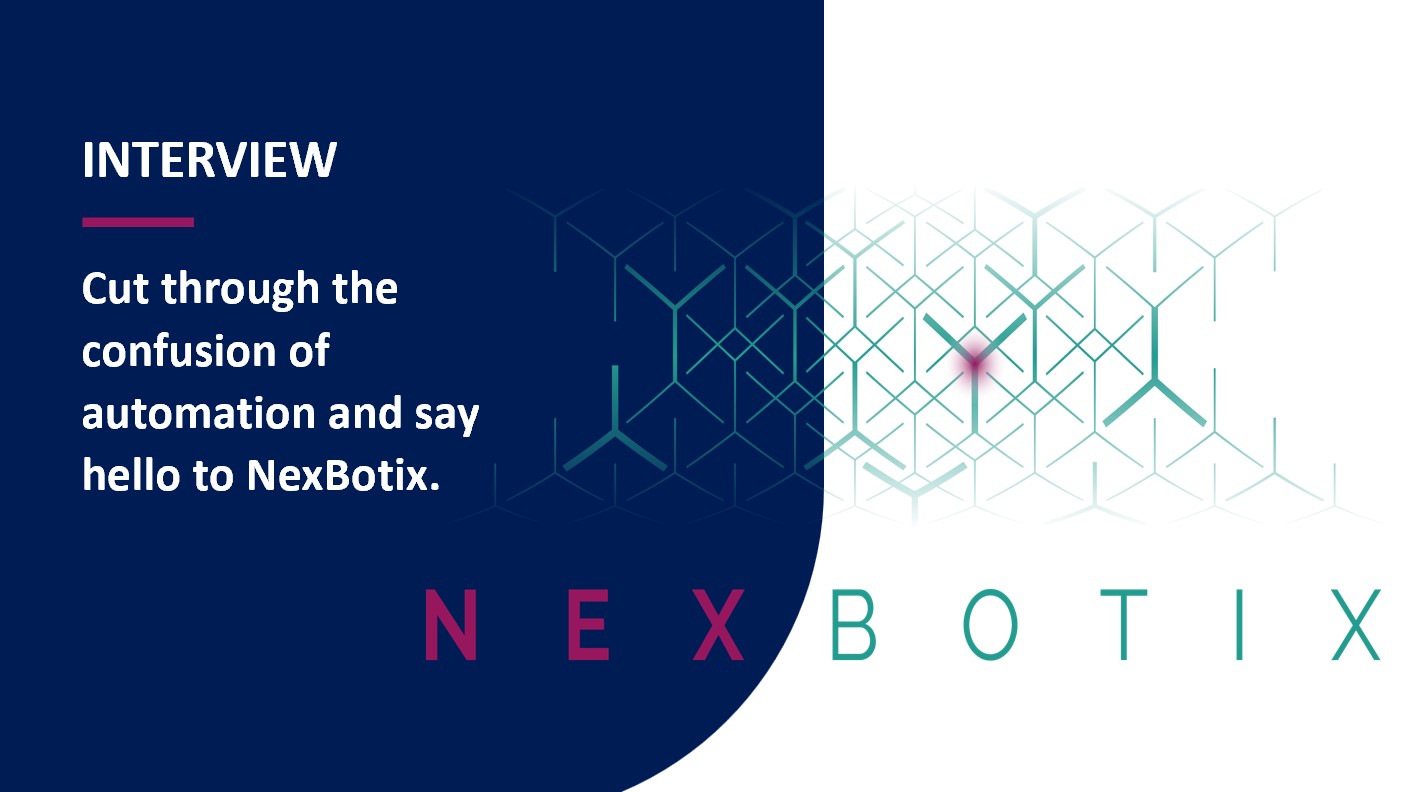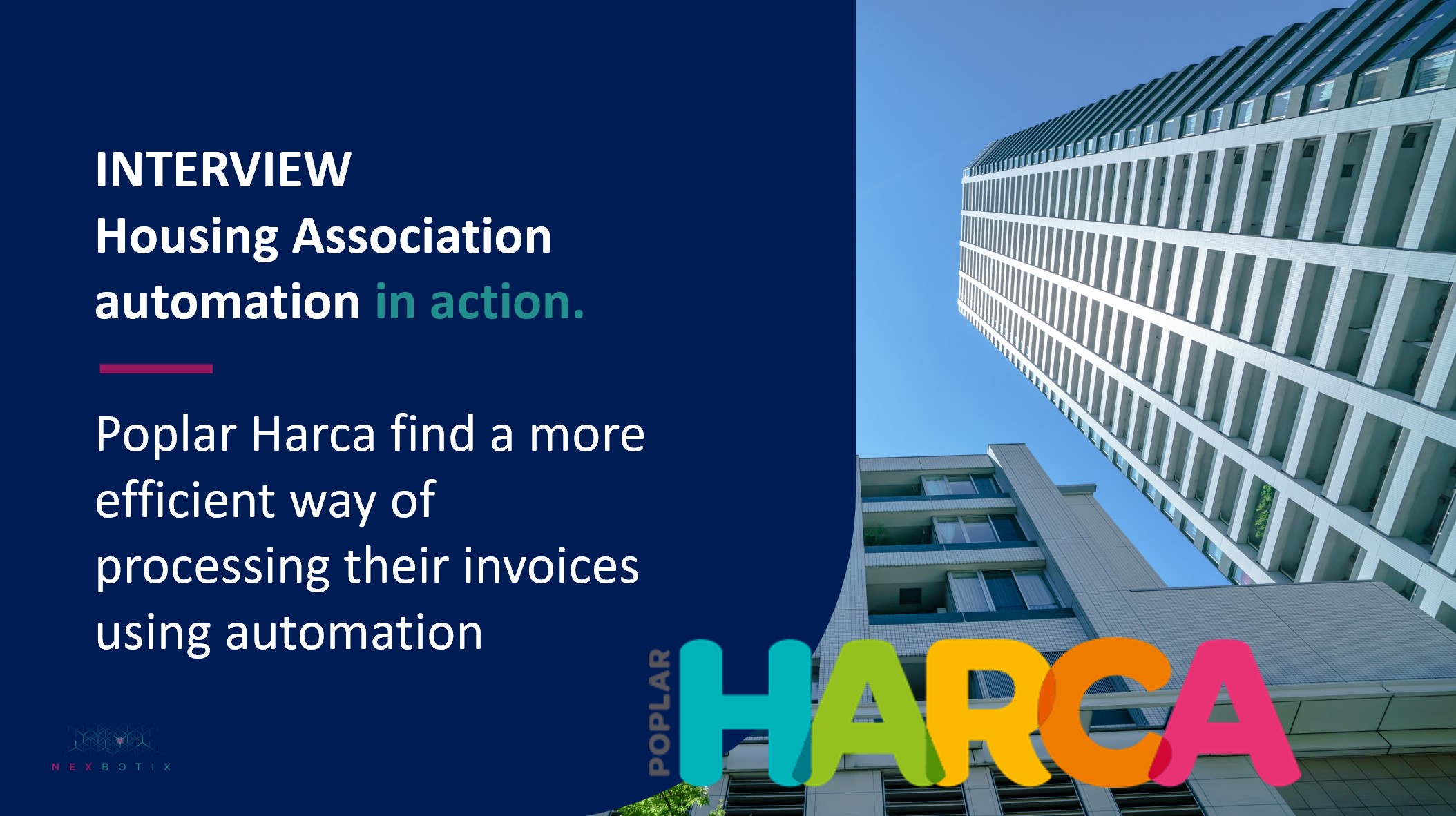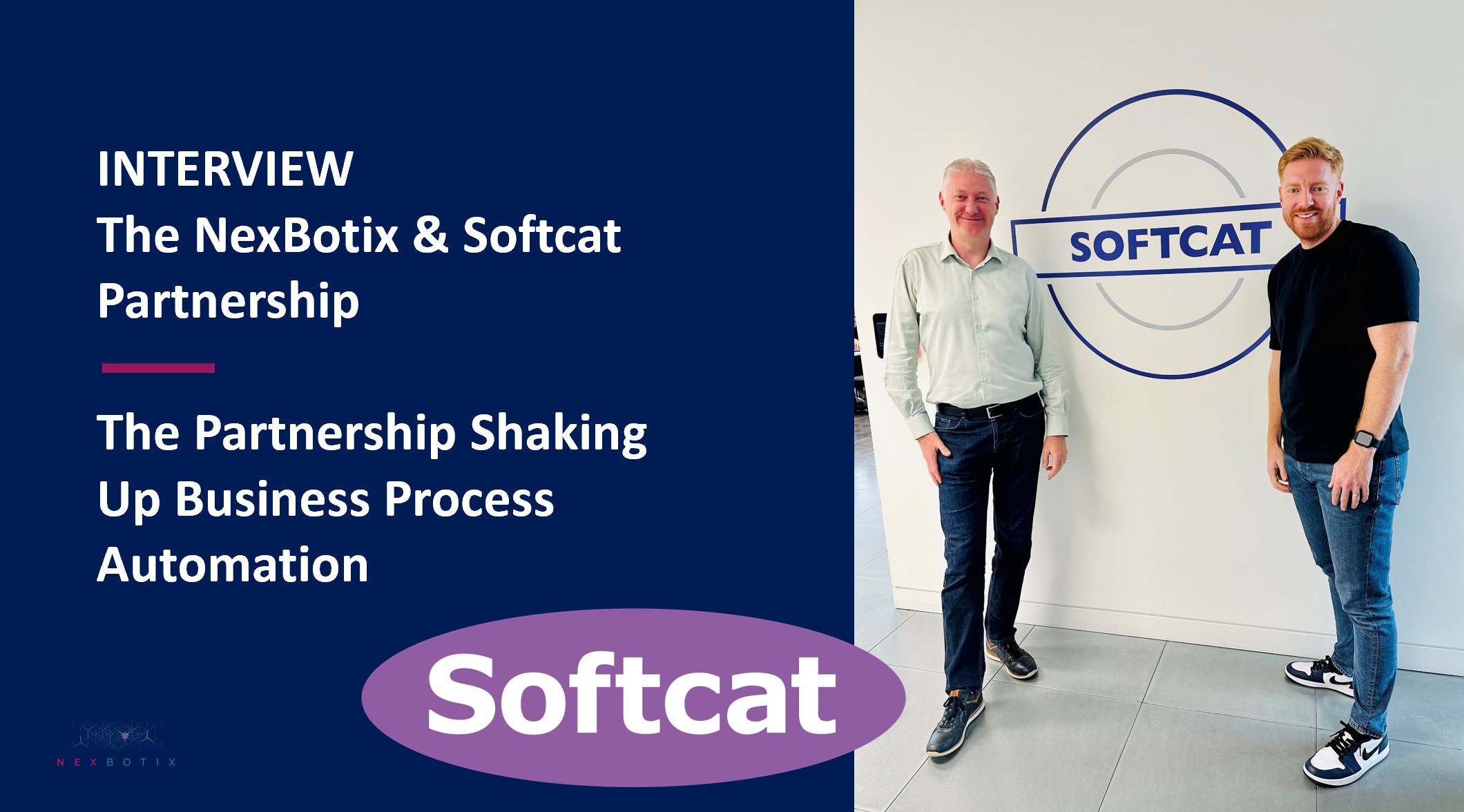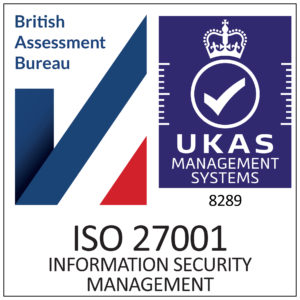Gartner predicts that global RPA software revenue is expected to reach $1.89 billion in 2021, an increase of 19.5% from 2020. Looking ahead, despite the economic pressures caused by Covid-19, according to predictions from Gartner, the RPA market is expected to grow at double-digit rates through to 2024, with expected revenues of $3 billion.
It’s clear that there is an increasing uptake and adoption of RPA across various industries and verticals, fueled by the accelerating need for digital transformation and the technology now becoming more accessible for businesses regardless of their size. Gartner, also suggest that more than 20% of new RPA capabilities will be deployed “as a service” across midsize businesses and average RPA prices will decrease by 10% to 15% due to increased competition and new entrants into the market, further demonstrating how RPA is becoming more mainstream for mid-market organisations. Furthermore, business leaders are increasingly adopting an automation-first approach as we rebuild after Covid-19. 41% of respondents surveyed by EY said they are investing in accelerating automation as businesses prepare for a post-crisis world.’ Business leaders are investing in technologies like RPA to maintain business continuity and drive growth to enable a speedy recovery process.
What does RPA stand for?
The term Robotic Process Automation was coined in the early 2000s but it had been developing for several years prior to this point, starting with simple screen scraping automation in the 1990s, to workflow automation, and finally gaining recording and scripting capabilities. Today companies are adopting RPA differently, looking to automate business processes and data flows between legacy applications without the complex IT projects or high costs and investment.
RPA, (Robotic Process Automation) is the automation of manual desktop processes using software bots that perform repetitive tasks by imitating human activities. RPA allows anyone to configure a software bot to emulate the actions of a human interacting within digital systems to execute a business process.
Put simply, RPA can configure any high-volume, business-rules and repeatable processes like moving files and folders, copying, and pasting data, filling in forms, or scraping web browsers.
Different RPA Models
RPA bots can work in both “attended” and “unattended” workflows. Attended bots are typically targeted towards front-office activities and are useful when the entire end-to-end process cannot be automated. Unattended bots work without human intervention 24/7, great for the back office, high volume processes.
Attended RPA
Attended RPA uses human supervision to automate processes. This type of RPA can assist with front office tasks, collaborating with employees. Attended bots are located at an employee’s workstation and are triggered by specific events, actions, or commands. The attended bots can run on private servers, desktops, or in the cloud, they are ready and waiting to be activated by employees whenever they are needed.
Unattended RPA
Unattended RPA requires no human intervention or effort. This end-to-end automation means bots can execute entire processes independently, running 24/7, and at scale. This is perfect for the back office, high volume, and rule-based processes. Unattended bots can run on workstations, private servers, or in the cloud, they are triggered by process flows and operate on a pre-set schedule.
What is RPA used for?
There are many opportunities and use cases for RPA deployment within a business. The best candidates for RPA are manual and repetitive tasks, that are high in volume and time-consuming.
Some of the most common RPA examples and use cases are:
Data migration & entry
Data entry is an integral part of running any business, however, it’s slow, prone to inaccuracy, and becomes costly as your scale. For example, throughout the customer onboarding process, businesses need to enter vast amounts of data that is both time and case sensitive. Due to the nature of this work being high volume and timely, it’s often prone to high error a duplication of data. Furthermore, many businesses are going through mass data transformations migrating from older legacy systems to new modern, sustainable, replacement system. RPA is a seamless solution for these high volume and timely processes, a simple user-friendly, and cost-efficient solution to handle such challenges of data operations.
Data Validation
Data Validation can be a time-consuming task for your employees to complete. This manual process can be an essential part of your business processes, ensuring data is valid and correct. RPA validates and verifies data across multiple systems and databases. RPA can be used to automate your data validation processes, carrying out on a scheduled basis, enabling your team to perform more productive activities for your business.
What are the benefits of RPA implementation?
Reduced operational costs
Cost reduction has always been a hugely important topic for business leaders. At NexBotix, we’ve seen customers who have reduced the cost of a particular process by 30% by implementing RPA. Operational costs vary across business, industry, and function, RPA enables businesses to reduce the employee time needed to perform stable, rule-based business processes like administration, therefore, directly reducing costs.
Increased operational efficiency
Operational efficiency is an important priority for many businesses, the manual tracking of processes is no longer effective or always accurate, nor is it supporting organisations to make smart decisions. For example, by automating processes that rely on email communications, the end-to-end procurement process, sales, order processing, and inventory control, businesses can attain better management and oversight whilst also ensuring improved utilisation of their highly skilled human workforce. The speed of automating these processes offers the competitive edge that businesses need in creating fast-paced, efficient operations.
Increased Accuracy
RPA offers unparalleled levels of accuracy and performance to processes that have a high probability of human error, such as processes that require vast amounts of data inputting or are highly repeatable. Robots are reliable and consistent, they also reduce the cases of re-works and improve the output quality, drastically.
Increased Employee Engagement
Robotic Process Automation not only improves overall efficiency and accuracy in a variety of business processes, but it simply spares human workers from spending their time on dull and repetitive tasks.
Employee engagement is a top priority for businesses, after all, a happy workforce is a productive one. Robotic Process Automation technology drives efficiency, when key processes are automated so employees can spend more time working on projects that require emotional intelligence and critical thinking. Employees can come into work, feeling in control of their workload, not having to worry about the manual and mundane tasks.
Similarly, employers can focus on upskilling, training, and developing their employees. As a result, employees feel motivated and driven within their roles working harder and smarter, boosting productivity and reducing staff turnover.
What does the future of RPA look like?
It’s clear that there are many benefits of adopting RPA as it dramatically reduces costs for companies, increases operational efficiency and delivers direct benefits to your human workforce.
We believe that RPA will become the norm in most businesses over the coming years and expect to see major developments in emerging technology such as Intelligent Automation, the combination of RPA with Artificial Intelligence to further increase the benefits the technology can deliver. At NexBotix, we want to make business process automation accessible to businesses of all sizes, not just Enterprise organisations through robust managed services and user-friendly software to make the implementation much easier for businesses who haven’t got the capital to invest in a team of automaton subject matter experts. With the cost of RPA reducing and mid-market focused solutions like NexBotix, we believe the future of work will be driven by automation.








